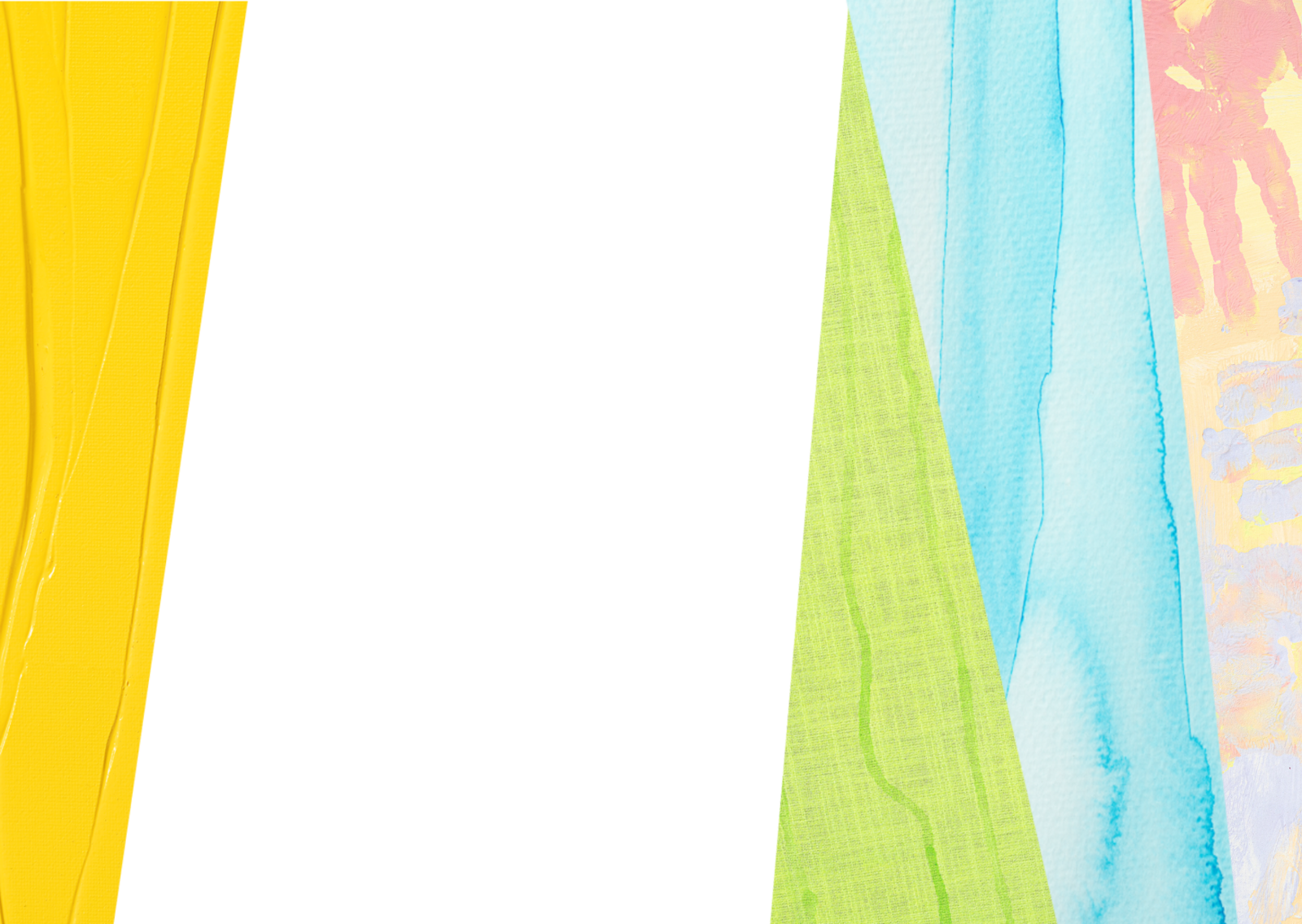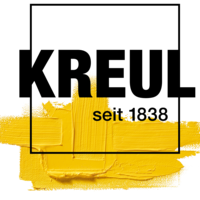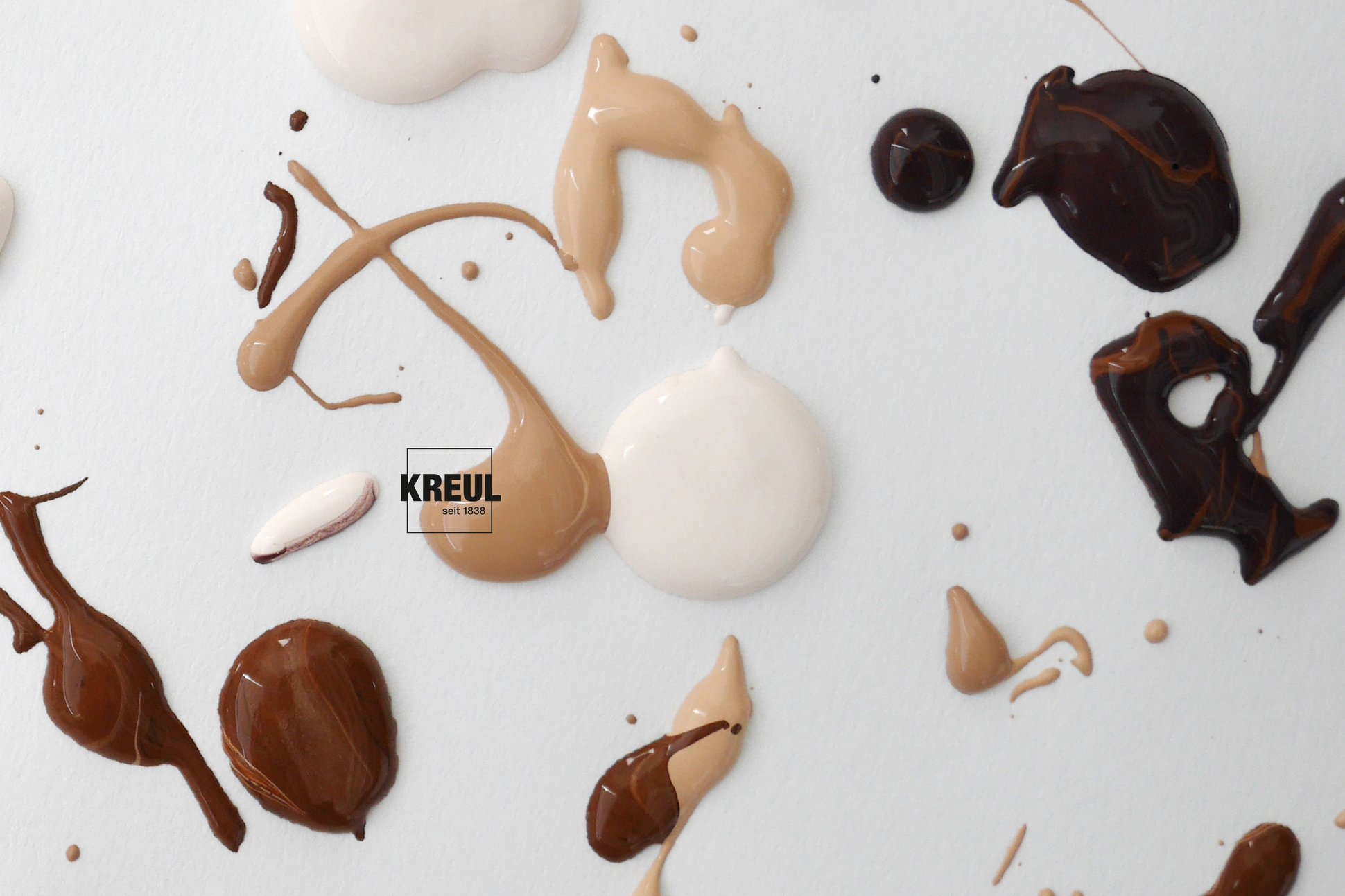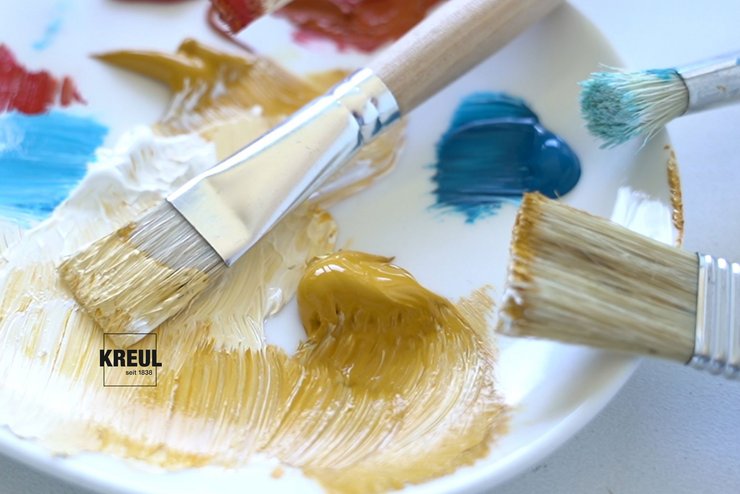
Colour of the month: Sand colours
09/20/2023 |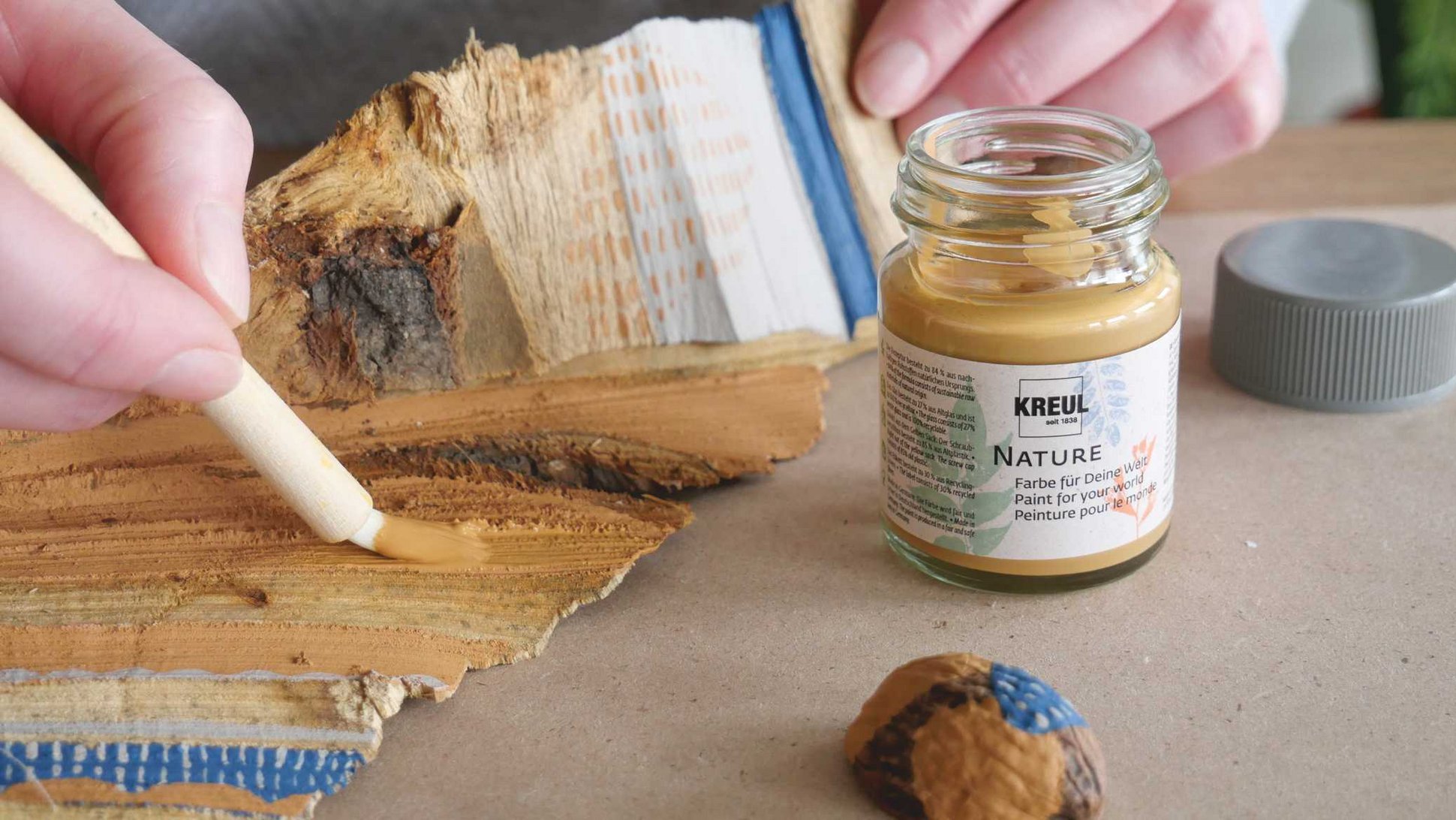
Earthy and harmonious
Colour nuances between light brown and warm yellow are often found in nature, for instance as sandy and earthy soil. Over the last few years, these earthy shades have become increasingly popular in interior decoration. No wonder as they bring tranquility and relaxation along with a soothing earthiness that helps us to "ground" ourselves. Warm sand colours can be wonderfully combined with cool blue shades, for a maritime look that introduces ocean freshness into your home. Together with red and brown shades, you get an autumnal ambience that makes you think of leisurely woodland walks. And if you prefer to decorate your home in more subdued shades, you will still love sand colours. Together with white, they create a cosy atmosphere bathed in warm light.
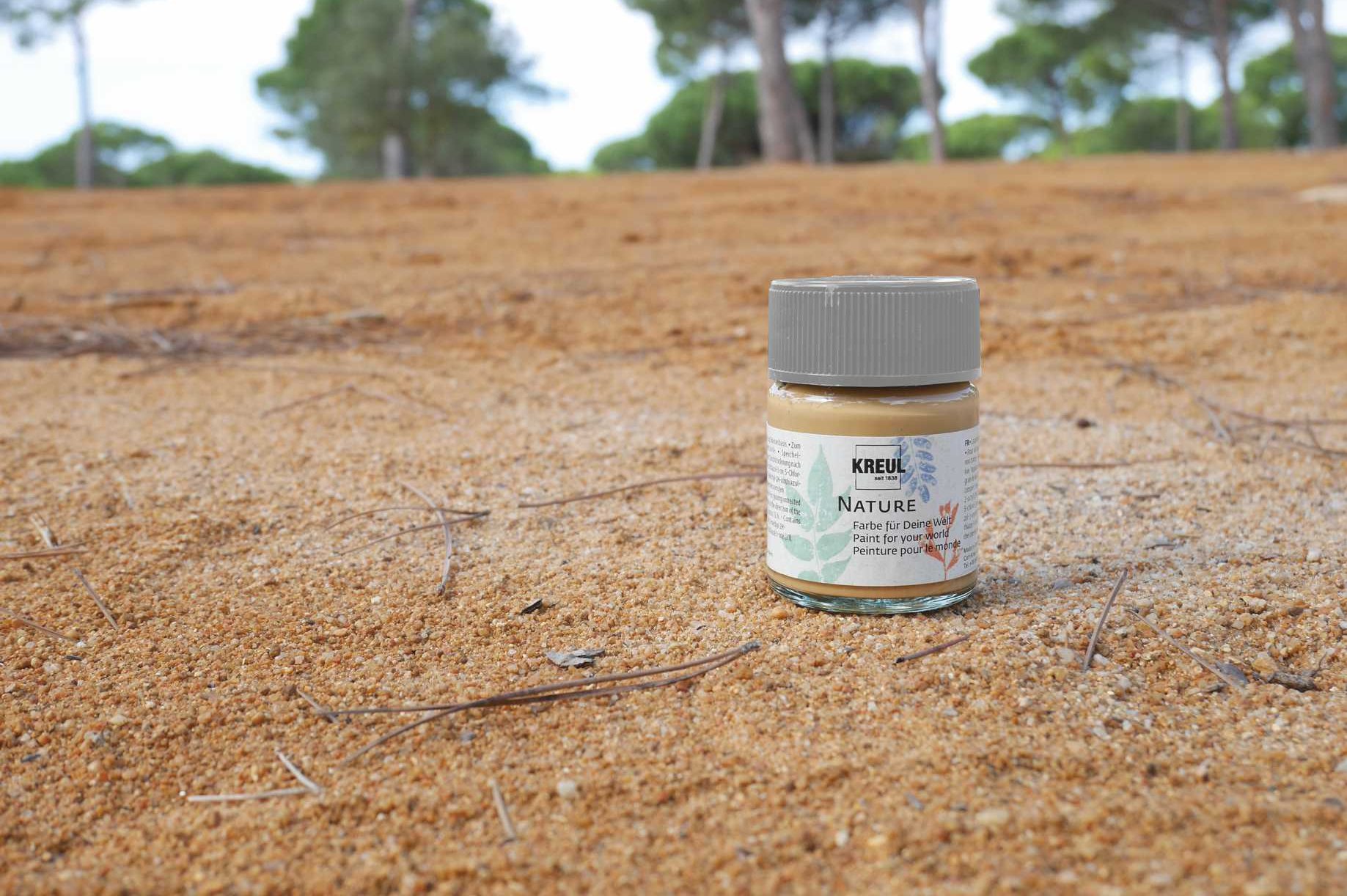
Colour with a long history
Earth colours are the oldest paints we know. Humans used earthy pigments like ochre for their prehistoric cave painting. Natural earth colours are produced by washing, drying, grinding and screening. They can be processed to obtain other colours. Red ochre is obtained by burning yellow ochre. This is a very old craft: ochre has been extracted already since Roman-Gallic times in the region between Auxerre and the River Loire in France as well as in Southern France. The natural, French ochre is regarded by artists as very high quality. Nonetheless, synthetic pigments are found in many paints. These have the advantage that they always deliver the same quality, whereas natural pigments are hardly identical. That is one of the reasons why we use synthetic pigments in our sand colour paints like KREUL Nature Loam.
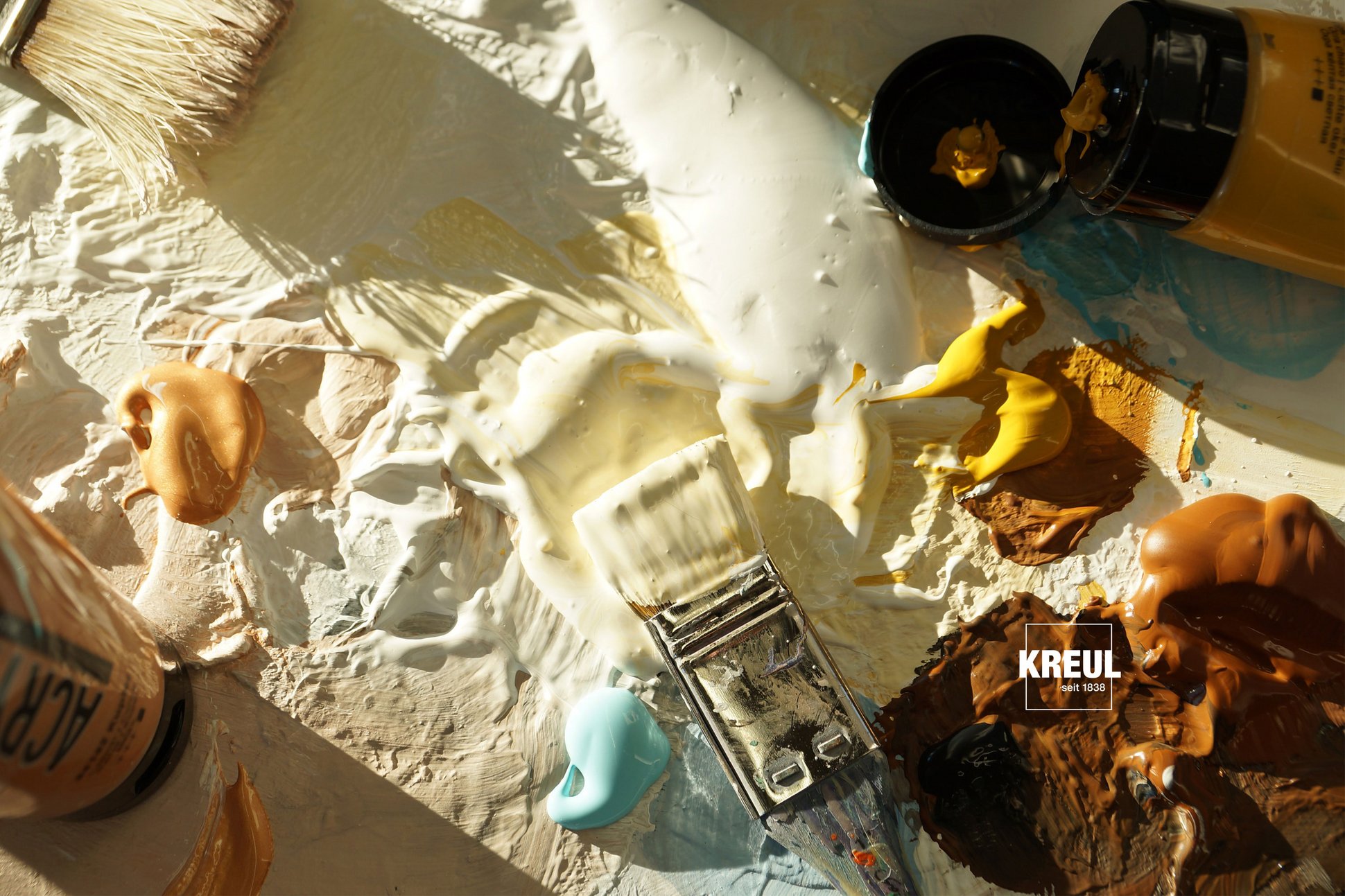
A perfect base for beige and skin tones
Sand colours make us think of wide beaches and deserts. We associate them with warmth and vast expanses in nature. Most sand colours therefore have a warm undertone like yellow. You get a brighter colour by adding a lot of white. A more muted sand colour is obtained with the addition of blue and red. Sand colours are not only ideal for painting bearches or earthy soils. They also make a perfect base for skin tones, try out SOLO GOYA Acrylic Terracotta, Light Ochre or Burnt Sienna Reddish. If you mix a little more red, blue or umbra into the colour, you get darker skin tones.
